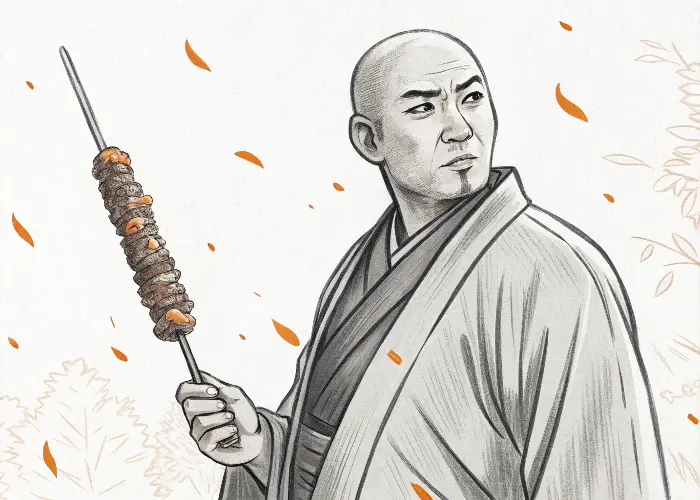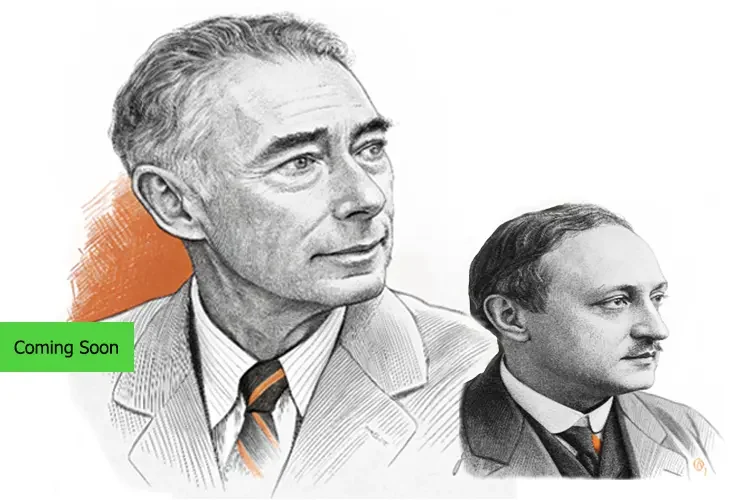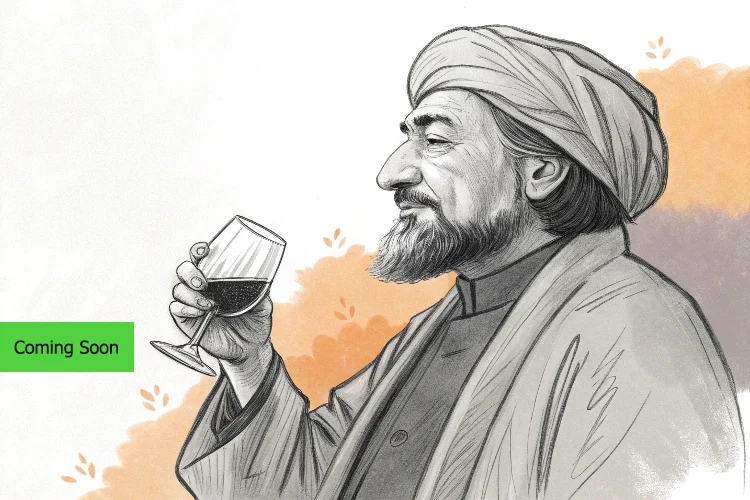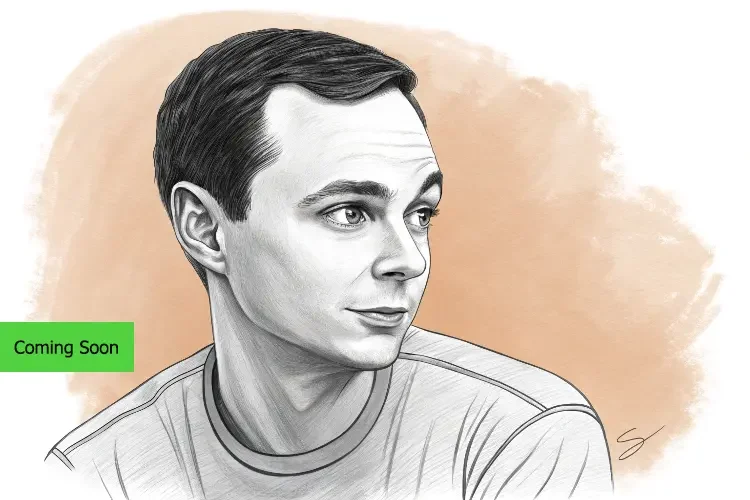One day, I had a boss who said he wanted to add seven skilled managers to his team, just like the seven samurai in the famous movie, so they could execute a flawless team effort. Interestingly, one of those managers was me!
When I heard this, I thought to myself, ‘Well, if reincarnation exists, I must have been a samurai in a past life!’ Of course, I hope I wasn’t one of those unlucky samurai who ended up committing seppuku (ritual suicide) together. I’d rather think I was one of those legendary female commanders like Tomoe Gozen or Takeko Nakano.
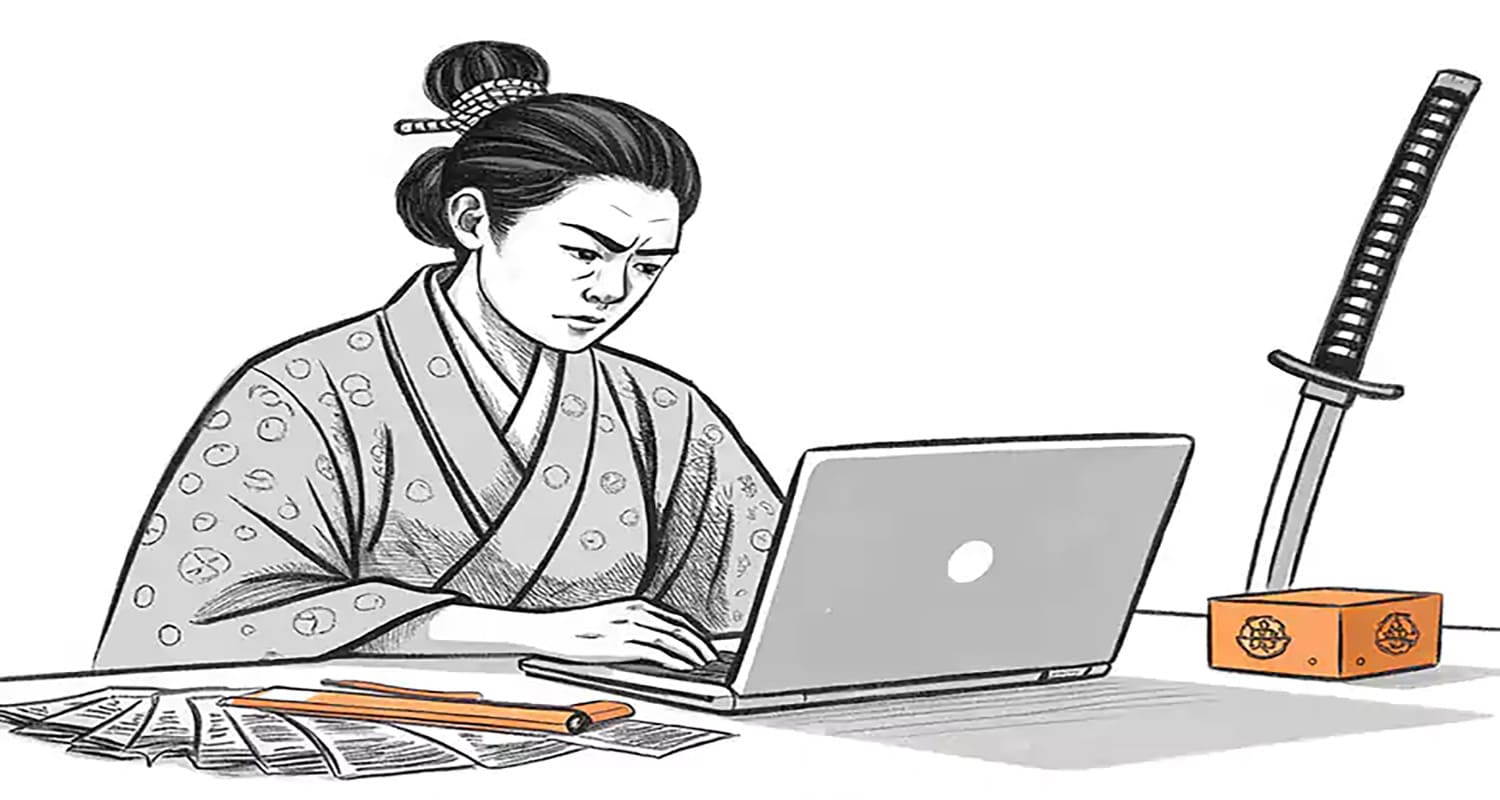
But who knows? Maybe I was a kebabi samurai… Likely with a lot of battle scars!
By the way, do you know Kebab?
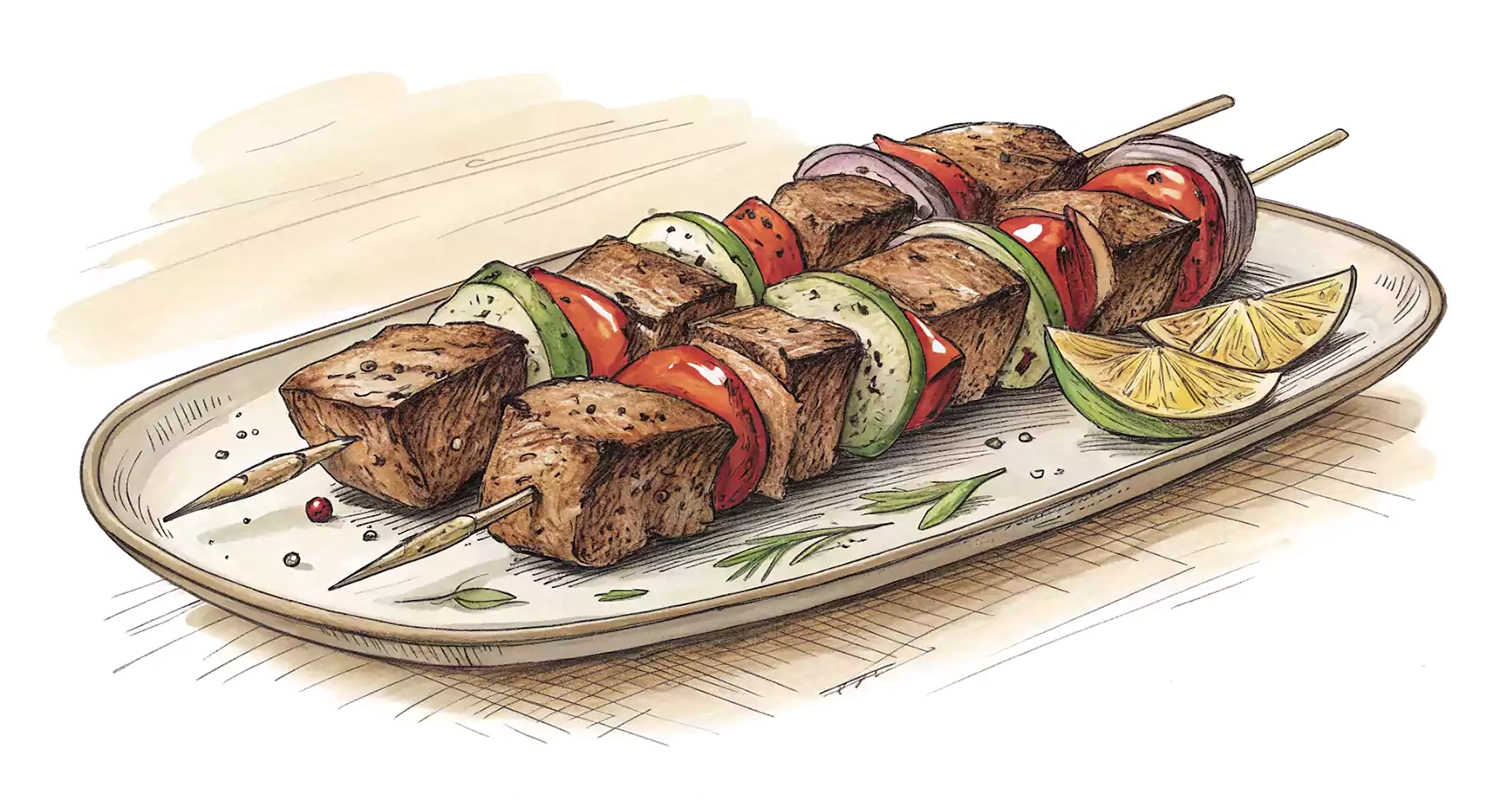
About the Samurai
Japan has a rich and unique culture, and studying its history briefly is worth the time, with the Samurai being an interesting part of it.
The Samurai were members of Japan’s warrior class from the 12th century until 1868. Similar to the Code of Chivalry in medieval Europe, the Stoic philosophy in ancient Rome, or the Persian code of chivalry (پهلوان), the Bushidō (武士道) or “Way of the Warrior” was the moral code specific to the Samurai, consisting of seven or eight virtues:
- Gi (義) – Doing what is morally right, even at the expense of personal gain.
- Chū (忠) – Absolute loyalty and dedication to one’s lord, family, and ethical principles.
- Meiyo (名誉) – Living with honor and protecting one’s reputation in all circumstances.
- Rei (礼) – Treating others with respect, even enemies, and observing proper etiquette in all matters.
- Makoto (誠) or Seijitsu (誠実) – Being honest and trustworthy in words and actions.
- Yū (勇) – Having the courage to do what is right, without fear of danger or death.
- Kigen (毅然) – Perseverance and steadfastness in one’s principles, unshaken by adversity.
Some argue that an eighth principle exists, which may have been excluded in Western narratives due to differences in values:
- Acceptance of Death – The ultimate expression of this belief is seen in the ritual of Seppuku (or Hara-kiri 腹切り), a form of ritual suicide that Samurai committed when faced with disgrace or failure to uphold the Bushidō code.
Caption: Here you can see the Yogen In Temple. In 1600, the Western army of Japan laid siege to Fushimi Castle. After days of resistance, the castle fell. Around 380 samurais did not surrender and, following the Bushido code (Seppuku), took their own lives. The main commander, Tokugawa Ieyasu, asked the people to send pieces of bloodstained wood from the castle to seven surrounding temples to pray for the souls This is one of those temples. You can find images of the bloodied wooden pieces online; I refrained from including them as they might be offensive.
Harakiri: Emergence from Values and Politics
It seems that the idea of “death is not the end” didn’t suddenly appear in samurai culture, but rather emerged under the influence of philosophical teachings such as Confucianism and Zen Buddhism. In fact, even today in Japan, the phenomenon of “Karōshi” (過労死), meaning “death by overwork,” stems from the same cultural value of self-sacrifice for a greater purpose.
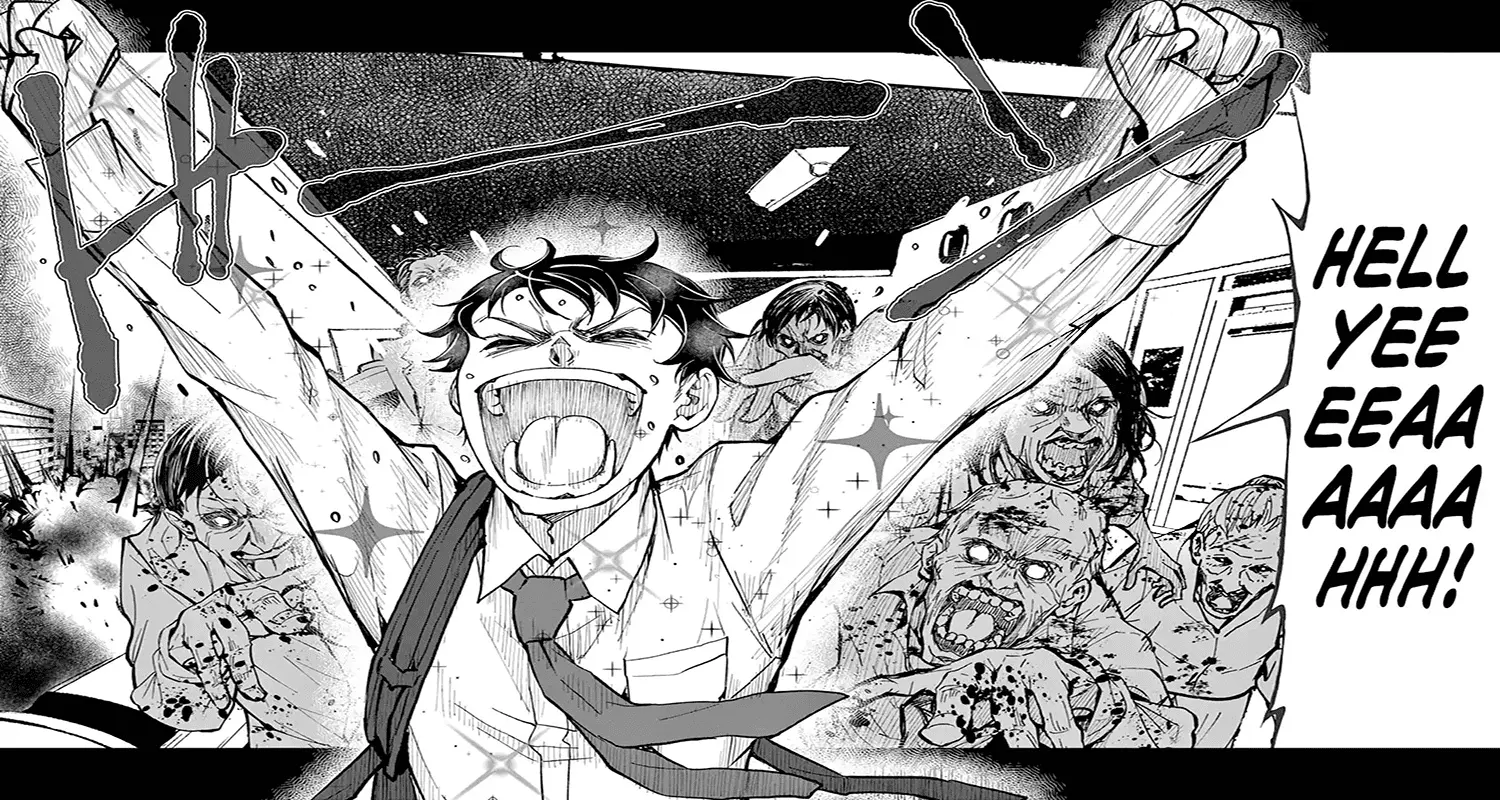
Pessimistic view of seppuku and its equivalents in other cultures
Let me take a somewhat pessimistic look at the samurai. I believe the samurai class emerged from a combination of cultural values and the political and class needs of that era. For example, the emphasis on sacrifice and death in service to one’s lord was a way to train brave soldiers and encourage martyrdom for the rulers.
In other words, Bushido might have been more of a political tool than a sacred moral code. This is not to wonder! It’s a common story of the misuse of innocent ideals and good intentions by those in power in the history of humans.
Whether samurai were truly always this noble or not is a historical question. By the late Edo period (19th century), the samurai class was in decline and largely serving the nobility, which is contrary to the heroic image seen in movies like Seven Samurai.
So maybe if I ever return to my previous life, I’ll realize I wasn’t a legendary samurai, but one of those poor samurais who gave their life for a feudal family.
So, what’s the story of Seven Samurai?
Akira Kurosawa, the renowned Japanese director, made the movie Seven Samurai in 1954. This movie became one of the masterpieces and milestones in cinema.
In a nutshell: Poor, defenseless villagers hire seven samurai to defend themselves against bandits. Many modern action and Western movies, like The Magnificent Seven, were inspired by this movie.
Contrary to the historical narrative that suggests samurai mostly fought for their lords, in this movie, seven samurai help a poor village threatened by bandits. The samurai aren’t paid much for this job, and their motivation is more human than financial. Now, you might have guessed who the “grilled samurai” is.
In addition to the innovations this movie brought to cinema in terms of movie making, storytelling, and character development, it also offers a profound look at human and psychological complexities; it effectively showcases our inner contradictions and conflicts.
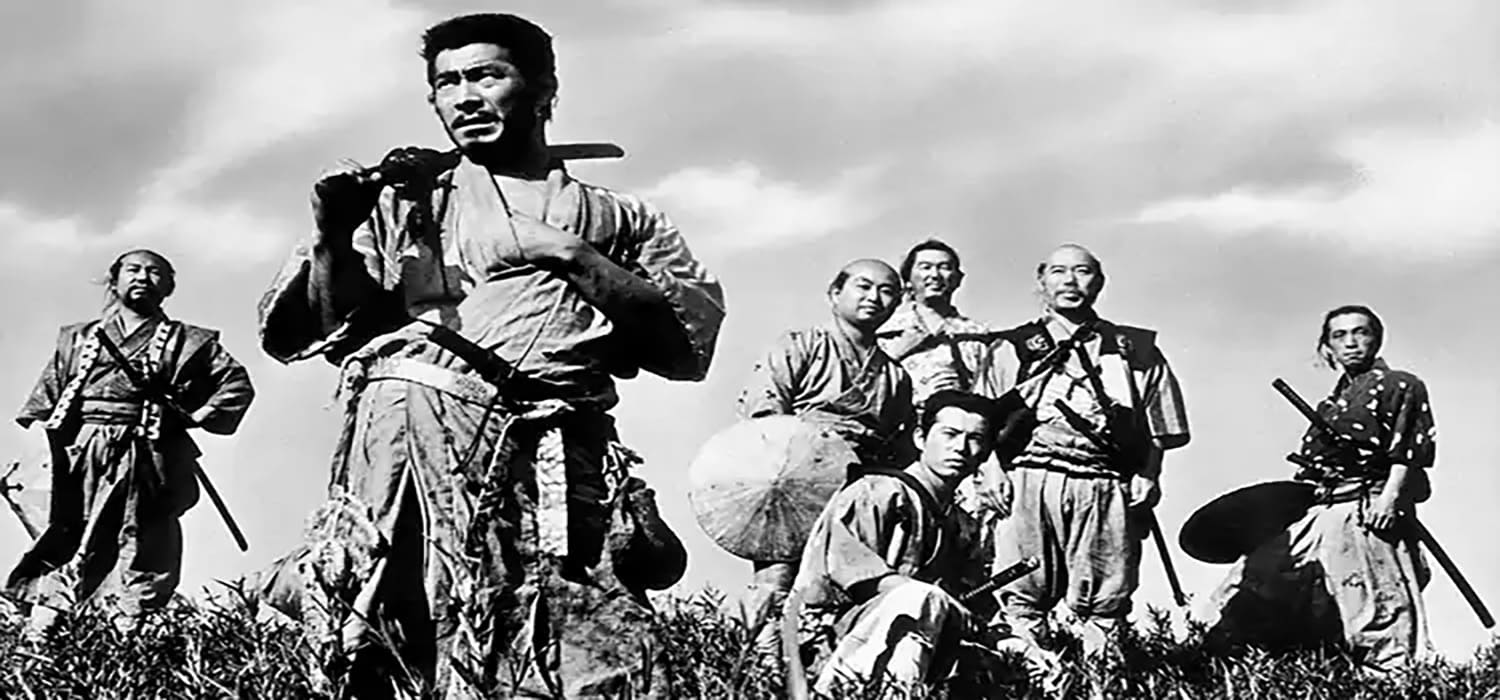
We are both the samurai and the villagers of the story. It’s as if, when faced with the onslaught of bandits, poverty, and class struggles, we all become the same. That’s why we cling to our roles and social classes; without our “positions,” we become too similar to one another.
We, as women from the East, understand far better than others how our gender might be censored out of fear of assault. How a mix of prejudice and vulnerability crushes our dreams and loves, and we are always forced to censor ourselves.
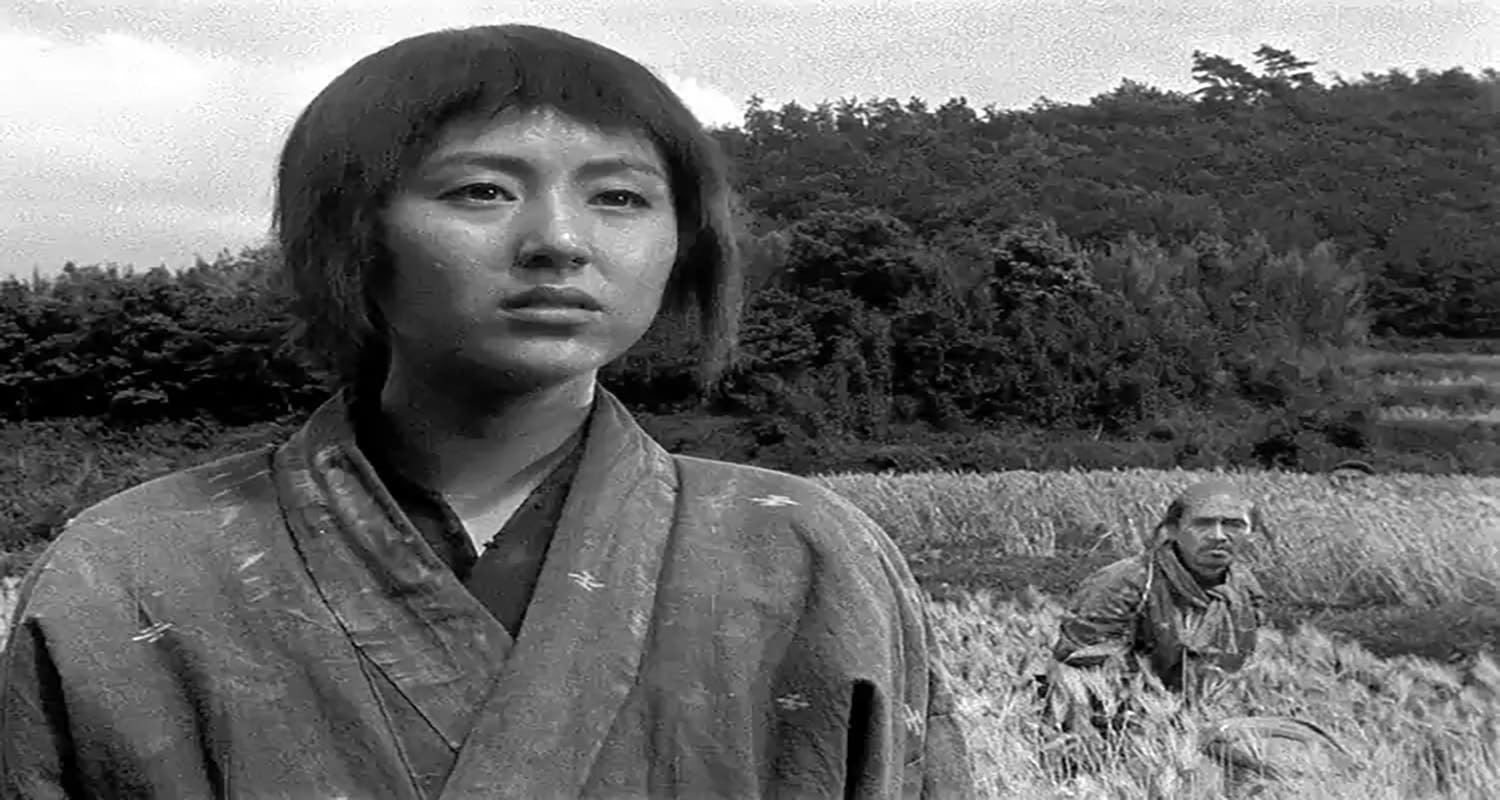
We can also be the noble and seasoned samurai like Kanbei, who cannot bear the suffering of a village and enters into a low-reward deal with the villagers.
We might also be the ones in the inn, who humiliate the victim because of their helplessness.

We can also be the girls who fall for idealistic and innocent samurai, but due to social and familial pressures, we abandon them, because, after all, we are who we are—our social class defines us.
We can be the greedy peasants, seduced by the samurai’s promises; or we can be the samurai who are deceived by the peasants. It’s natural; we shape each other, and it’s easy to forget that if we were in the other person’s shoes, we would probably act just the same.
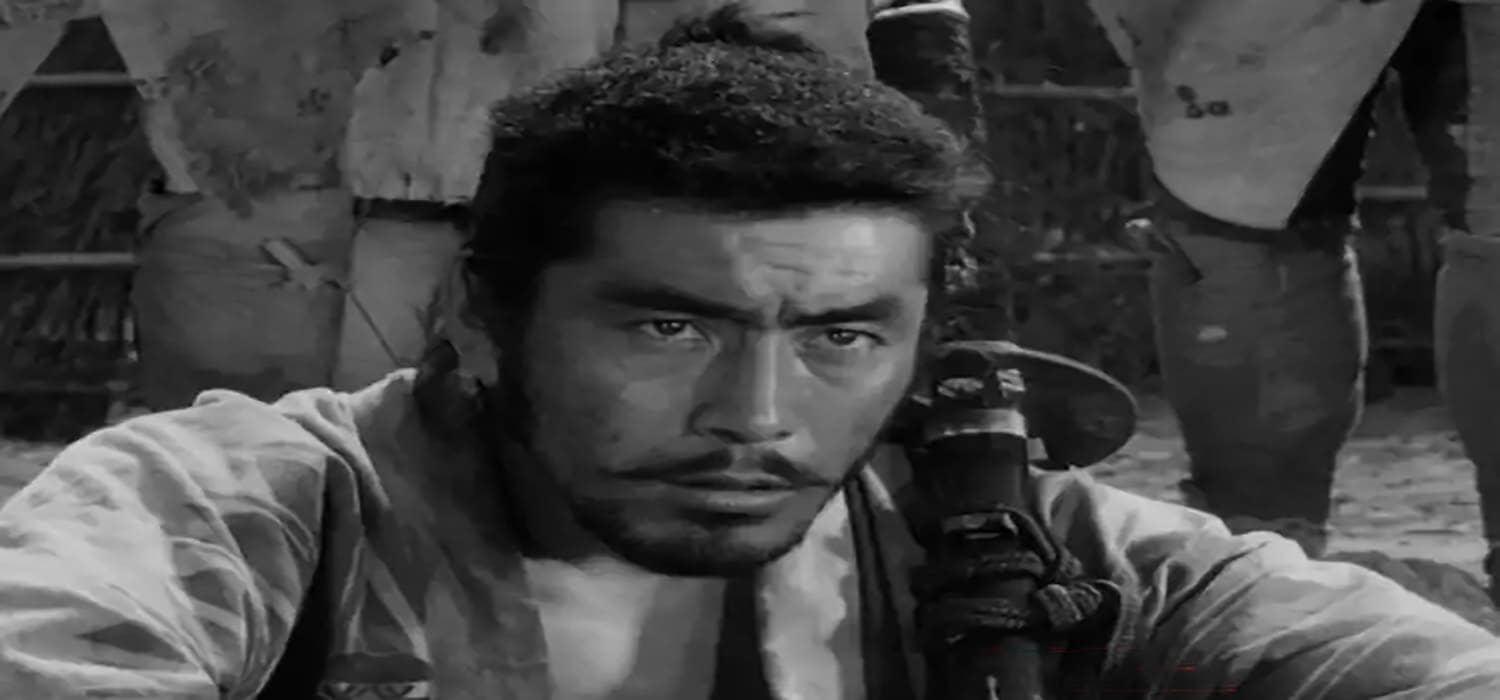
In the end, we could be the same samurai whose sacrifices are forgotten, and now, they must no longer fall apart with feelings of hatred and anger, for they have even lost their inner capital.
“We failed again.” In the final scene, as the voices of the chanting villagers echo in the background, Kanbei looks at the graves of the fallen samurai and the peasant girl’s indifference to the young Katsushiro. With this single sentence, he defines the tragic fate of the “grilled samurai.”
The Responsibility of Being “Grilled” Through Doing Good
It’s a Persian expression that ‘I wanted to do good but became grilled’. It means that you try to do something good, but in doing so, you get burned like meat on a grill.The question is:
Is it worth it? Can we stand up again after being “grilled,” without the collapse of our emotional and inner capital?
Honestly, this question doesn’t have a definite answer. Maybe no one can say for sure whether it’s worth being a samurai or not.
Here, economics speaks first, too. Let’s not forget that being content with doing the right thing is a type of hidden income that our minds benefit from. When I decide to “do good”, am I aware of the profit and loss of this transaction and its risks (such as being exploited)? Do I consciously make this choice and accept responsibility for it?
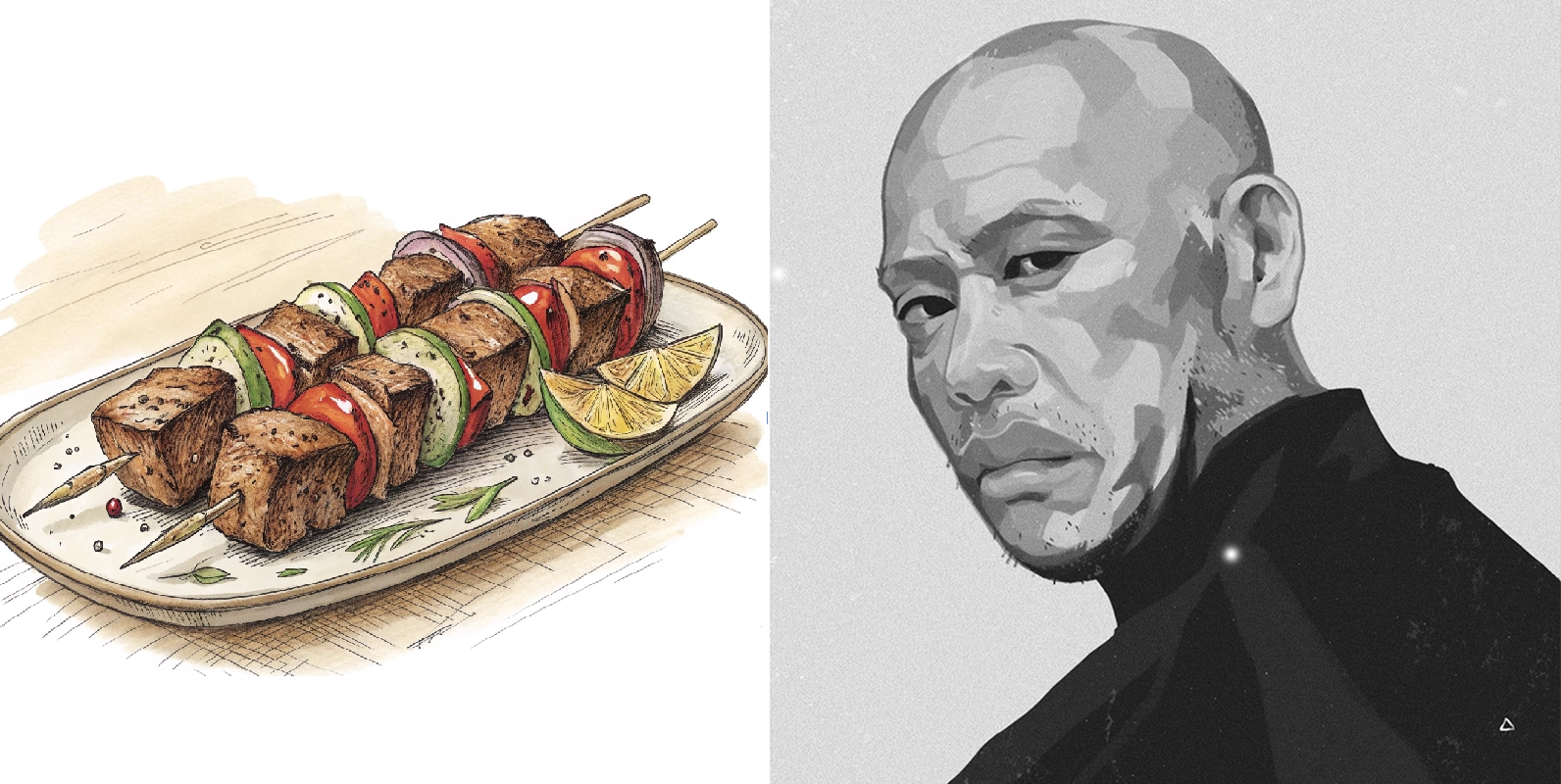
Warning: Getting Kebabi (Grilled)!
So, whenever you come across memes of “Kebabi samurai” in this blog, they are meant to remind you to be cautious and not take everything the writer says too seriously; you might just get grilled at any moment. Just a heads-up!
